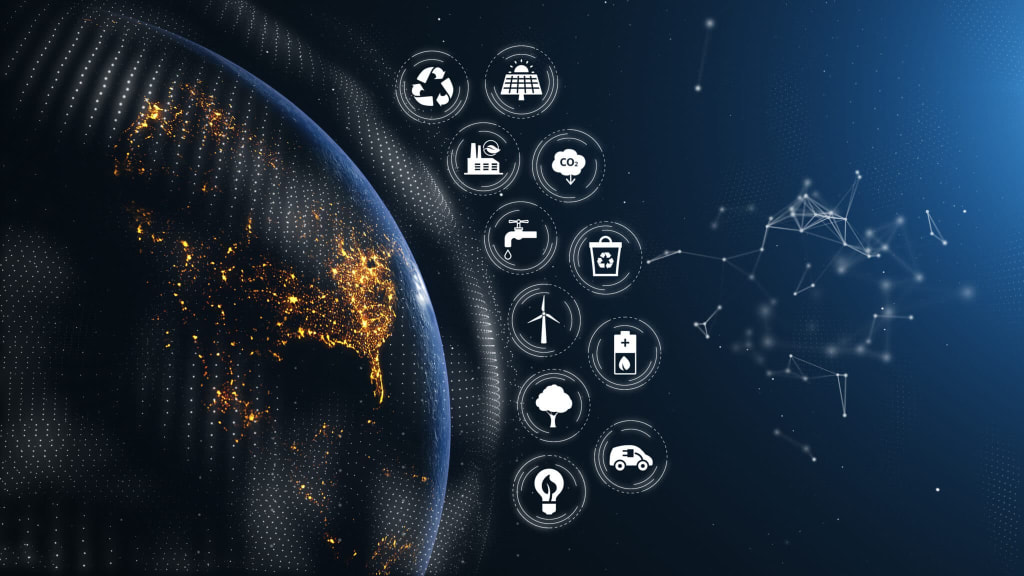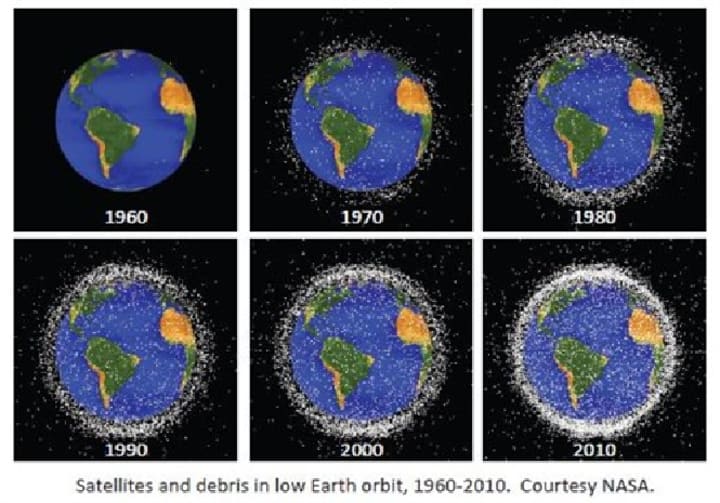Space and Sustainability

-Abstract:
The 21st century has seen a significant increase in space activity, driven by private sector entities using space for commercial enterprises. This increased use of space is not without cost to the delicate space environment. The threat posed by human-made debris in low Earth orbit (LEO) is now widely recognized as presenting a danger to current levels of space activity, and a more sustainable approach is sought by private and public sector actors. This article will evaluate sustainability in LEO and whether the consensus regarding orbital debris is matched by legislative or governmental action. More broadly, however, it will be contended that notions of space sustainability have largely been restricted to LEO. This article will seek to move the sustainability debate beyond LEO, by highlighting the potential risks to delicate space environments that arise from human activity in both exploring and settling other celestial bodies. The article will attempt to reframe the discussion on sustainability, advocating legal and policy solutions that need to guide future space activity to ensure that humanity avoids replicating the problems now found in LEO. Space sustainability is a concept that has emerged within the past 15 years to refer to a set of concerns relating to outer space as an environment for carrying out space activities safely and without interference, as well as to concerns about ensuring the continuity of the benefits derived on Earth from the conduct of such space activities. As such, it encompasses the concerns of both space actors and those who are not space actors but who nevertheless benefit from space activities.
-Introduction:(Space and Sustainability):
Ensuring that all humanity can continue to use outer space for peaceful purposes and socioeconomic benefit now and in the long term. This will require international cooperation, discussion, and agreements designed to ensure that outer space is safe, secure, and peaceful. More than 1,800 satellites orbit the Earth, providing tangible social, scientific, strategic, and economic benefits to billions of individuals throughout the globe. Yet the ability to provide important benefits from outer space is now threatened by a number of challenges. One is the increasing density of debris in orbit. Some experts predict the debris population will reach a level at which it becomes self-sustaining: debris–on–debris collisions would continue to increase the number of debris in orbit, even without new launches. This could quickly lead to a sharp decrease in our ability to sustain the benefits that space systems provide to the entire world. Spacecraft face an especially high risk in Sun-synchronous orbits (SSO). SSOs are special orbits between 700 and 900 kilometers (km) in altitude primarily used by Earth observation satellites that collect valuable information about the world we live on.

Increasing crowding in key orbits also presents a challenge to space operations. For example, communication satellites in geosynchronous Earth orbit (GEO), the equatorial orbit where satellites appear to remain nearly stationary above Earth, face increased competition for orbital slots as a result of the strong demand for satellite TV and global communications. This crowding has led to the potential for radio frequency interference and a shrinking margin of error for maintaining separation between satellites. The expansion of private sector space activities poses new challenges to maintaining a safe operational environment in space, while offering opportunities to expand access to the benefits of space applications on Earth. The increasing use of space also presents security challenges. As more countries integrate space into their national military capabilities and rely on space-based information for national security, there is an increased chance that any interference with satellites could spark or escalate tensions and conflict in space or on Earth. Secure World Foundation and its partners worldwide are dedicated to the establishment of effective and efficient systems of governance for outer space and for improving the safety of operations in Earth orbit. This effort includes developing the tools of governance that lead to reducing the threat of orbital debris, promoting international civil space situational awareness to improve knowledge and transparency, and preventing the creation of additional debris through hostile acts. In order to further the continued utility of space activities for the benefit of Earth and its people, Secure World Foundation strongly supports efforts to work toward sustainability of activities in outer space.
“You have a responsibility to behave responsibly, not create debris, and to be transparent with the way you operate.”
[Gen. John Hyten, AFSPC Commander, 2015 Small Sat Conference]
-Why Care About Space Sustainability?
In a world inundated with many complex and urgent problems, why does space sustainability matter? If outer space is not safe, secure, and peaceful, the ability to use it could be denied to all. We would be unable to use the space environment for national security purposes, Earth observation, telecommunications (including financial transactions, internet, telephone, data transfer, and television), navigation, scientific exploration, or economic development. Indeed, human spaceflight in Earth orbit could come to an end. In light of many global socio-economic challenges, such as those detailed in the Sustainable Development Goals that were unanimously adopted at the United Nations in 2015, it is more imperative than ever that the vast benefits that can be derived from space-based technology remain accessible to all. Lack of sustainability would mean that emerging space countries, especially, could face insurmountable problems in using outer space effectively. Addressing the need for space sustainability now means we can prevent negative trends from becoming norms and ensure that outer space can be used by all countries, not just technologically sophisticated ones.
“Space tools are highly relevant for the attainment of all 17 Sustainable Development Goals and their respective targets, either directly, as enablers and drivers for sustainable development, or indirectly, as an integral part of the indicators for monitoring the progress towards the implementation of the 2030 Agenda for Sustainable Development.”
[Simonetta Di Pippo, Director of the UN Office for Outer Space Affairs, June 20, 2018, UNISPACE+50 High-Level Segment]






Comments (2)
Very informative article on space sustainability an overlooked issue Well written and complete Good work bro 💯🔥👌
A very well written article